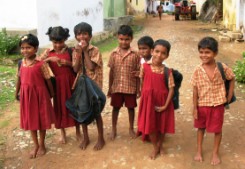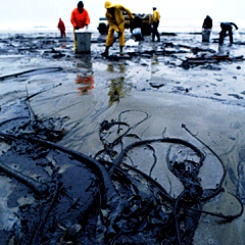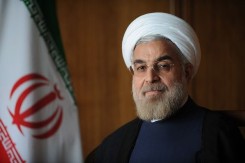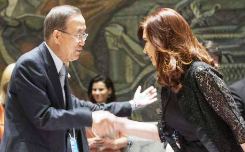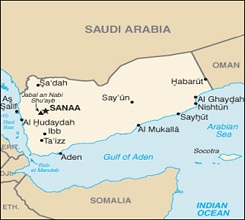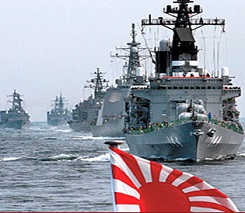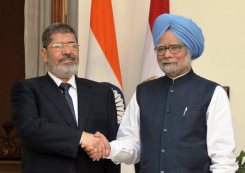By Manuel Montes* | IDN-InDepth NewsViewpoint
GENEVA (IDN) – The big attraction of the eight Millennium Development Goals (MDGs), or at least the first seven of these, was their near universal acceptability. It mobilized both resources and politics, nationally and internationally, in pursuit of reducing poverty, hunger, gender inequality, malnutrition and disease.
Since they were introduced, the excitement over the MDGs fully occupied the space for development thinking. The MDG discourse – in international agencies and in national settings – appears to have crowded out the basic idea that development is about economic transformation.

